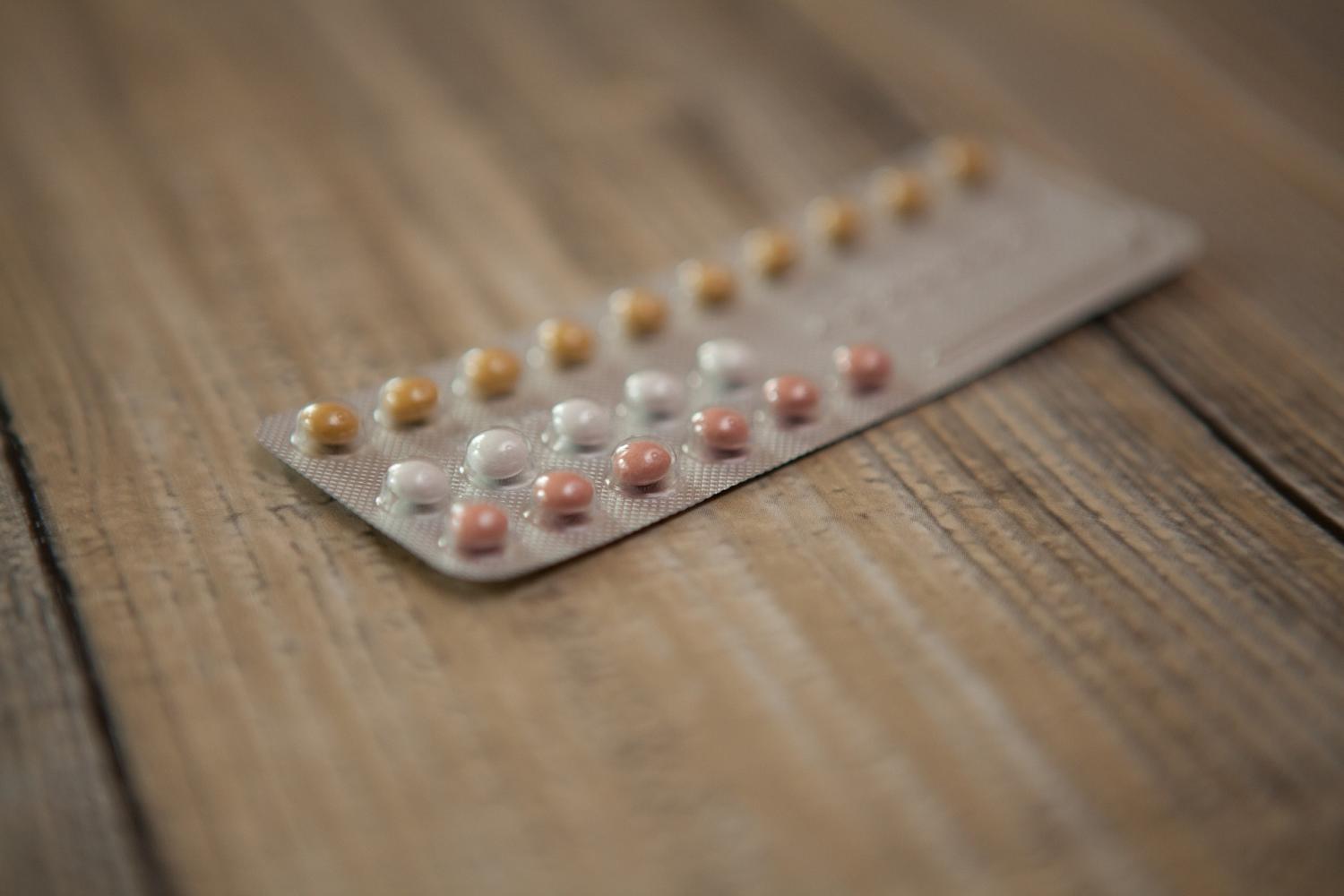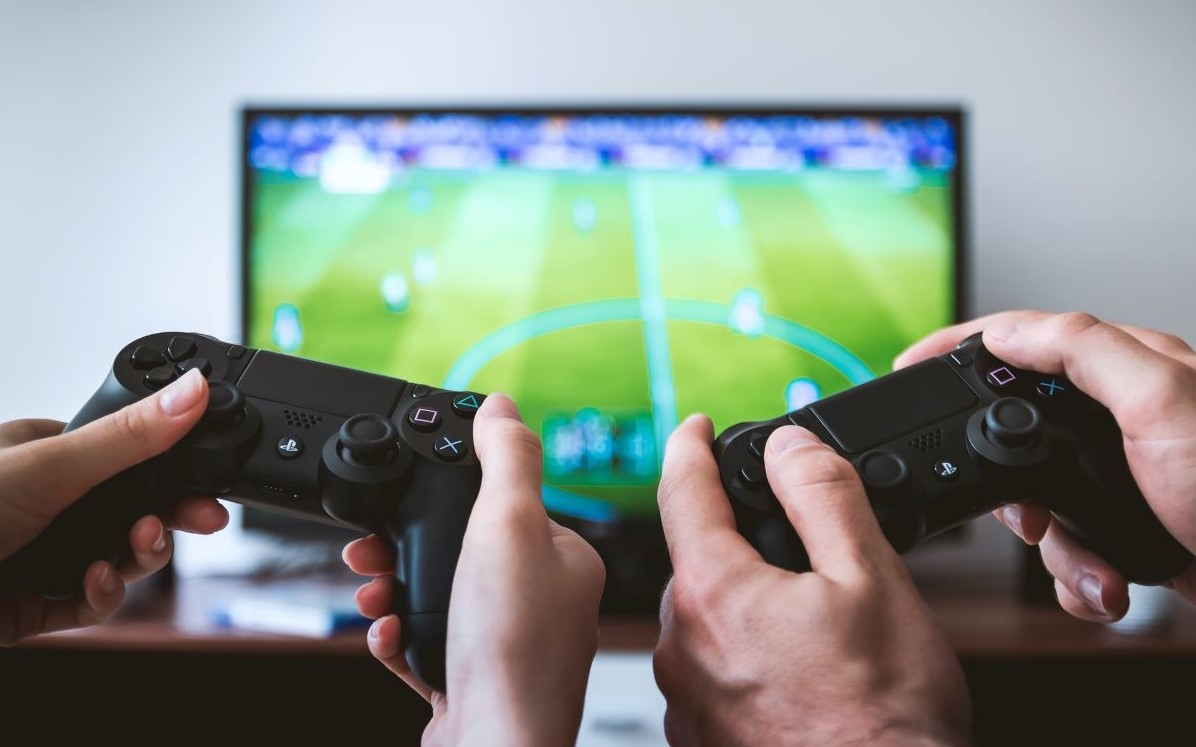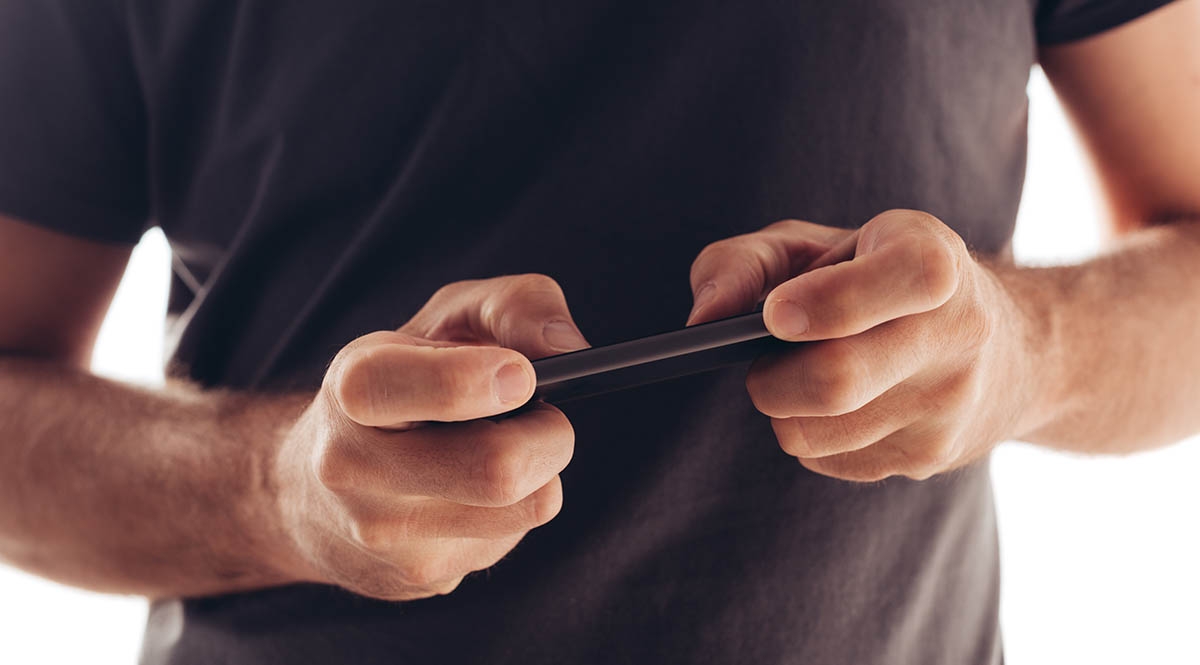
Battling my Own Body: Living with Endometriosis
The misdiagnoses, the myths, the injections, the useless hysterectomies and the debilitating pain. Oh the pain! It revives memories of those teary nights with a fistful of my own hair held so tight my knuckles would turn white. That’s what it’s like to live with Endometriosis.
I led this inner battle with my own womb throughout my adolescence. Come every month, I suffered chronic pain radiating from my ovaries and uterus. There comes a moment in every girl’s life when you learn that some of that pain is just part of your life; it’s called your period. But there was something more intense about my kind of pain. The looming debilitating pain that incapacitated me from completing my day to day activities, making simple tasks such as walking or stretching extremely agonizing.
Some days, I learned to hide my pain from my friends and family by swallowing a cocktail of Ibuprofen chased down with a strong coffee so I could make the steps down the stairs. By the time I managed to gather the courage to sit down in class, my nausea would rise leading to migraines. That’s when I wished I didn’t have to live with this pain.
Conversations were a blur, food had no taste and my thoughts were adrift. It was not normal, living with this toxic parasite inside of me, paralyzing my every move and that’s when the frustration grew.
After six trips to the ER, multiple injections of painkillers, low blood pressure, non-stop vomiting, repetitive diagnosis, and anxieties painted on the face of every loved one, that’s when it was concluded that this is how my body was made. I was burdened with Chronic Pelvic Pain and the cure? Ibuprofen as needed.
Nine years. Nine years of living with an invisible pain and the attending doctor shrugging and closing the door behind him as he left. Every fibre of my being screamed after being accused of a Munchausen or just being cursed with “a bad period.”
It took another year for me to find another doctor and another medication to try. Nothing was getting easier and I felt abandoned by own my vessel. I got used to the hospital gowns, the cold against my back when I lay on the bed and the warm tears that hit my cheek every time I turned my head to the side, every minute I was being probed and questioned.
Living with Endometriosis is like fighting a war with your own body.The condition occurs when tissue similar to the lining inside the uterus grows outside of the womb, causing tissue scars on other organs. An estimated 176 million women from around the globe suffer from Endometriosis and fight this battle every day. The recurring theme of “it’s just a bad period” or “it’s all in your head” is experienced by a majority of the women affected.
So what is the cure for this debilitating disease? The fact of the matter is, there is none. So little is known about this condition that many women carry on with their lives suffering and misdiagnosed. The existence of that small pill known as birth control has been key for many women in managing this state of agonizing pain. However, the symptoms of Endometriosis vary from woman to woman, which is what makes it so hard to track and understand. It’s not a broken bone spotted in a scan. In fact, it’s known as the invisible disease that can take a woman’s spirit. Susan Sarandon, former spice girl Emma Bunton, Padma Lakshmi, Daisy Ridley, and even Marilyn Monroe suffered from the evil of endometriosis.
Endometriosis is a frequently overlooked disorder affecting many lives. Dealing with this disease can be difficult, but education is key to understanding the symptoms and finding ways to cope, both for yourself and others. A world with less stigma and more education on this subject would be beneficial for both men and women. Listening to your body and tracking the life of your cycle could eventually lead to a proper diagnosis and allow better communication between you and your doctor.
Period pain is part of every woman’s life, but pain is relative– the institution should not assume to disregard a woman’s abdominal pain. Throughout my trips to the ER and multiple visits to specialists, every first diagnosis is the “bad period” followed by a shrug and a sigh of annoyance. Sensitivity to period pain is constantly assumed in Endometriosis cases, but the millions of women who endure crippling abnormal pain are constantly put down by medical authority figures through institutionalized, polite misogyny.
The taboo circling this “unknown woman’s condition” portrays the systemic misogyny embedded in the institution that is expected to cure us. So it’s time to listen to the women in your life and the end the silence about Endometriosis.













